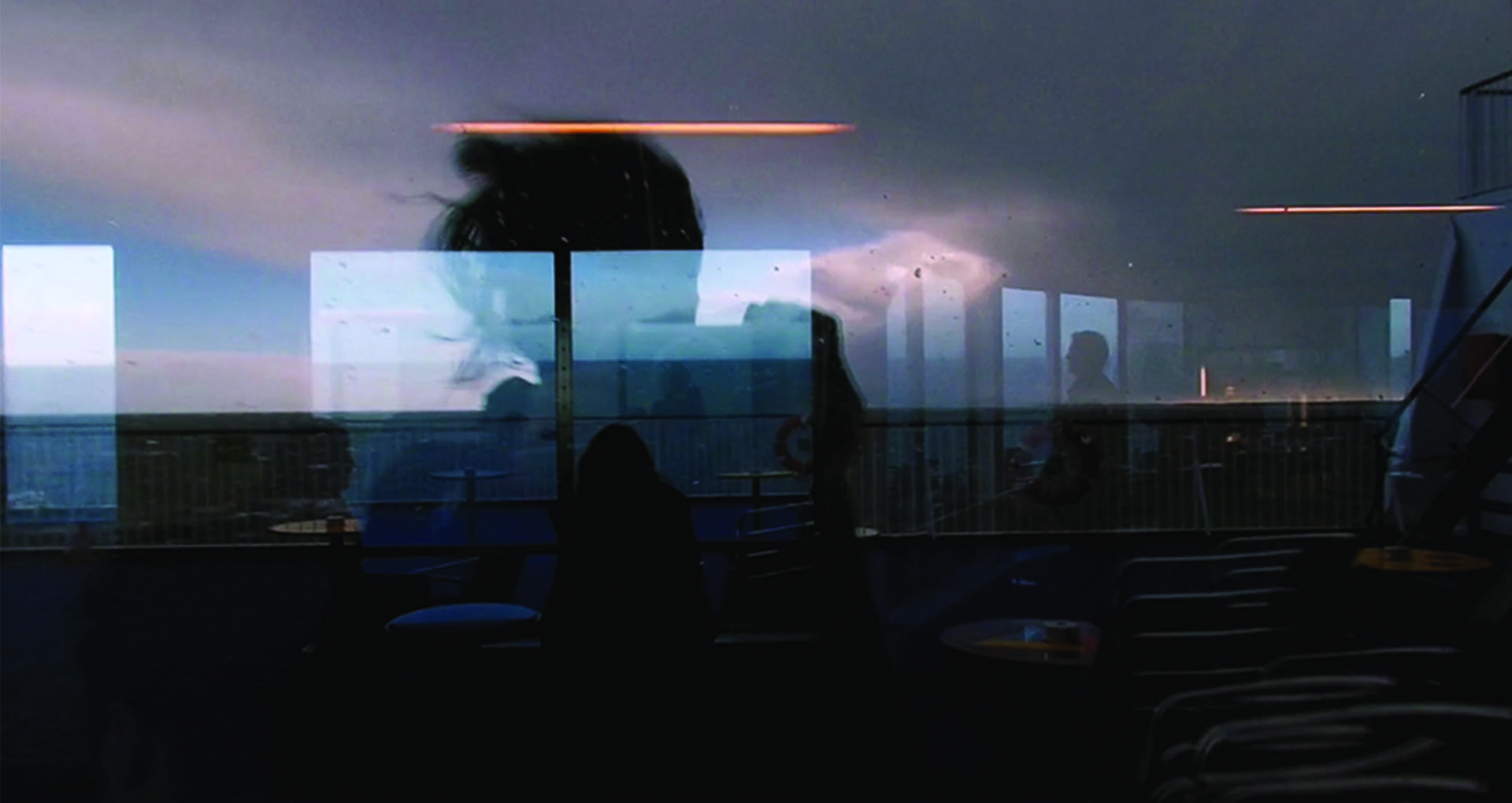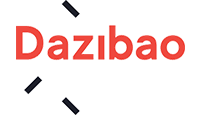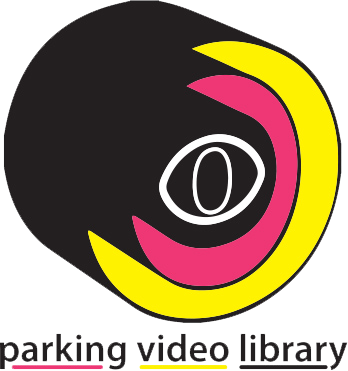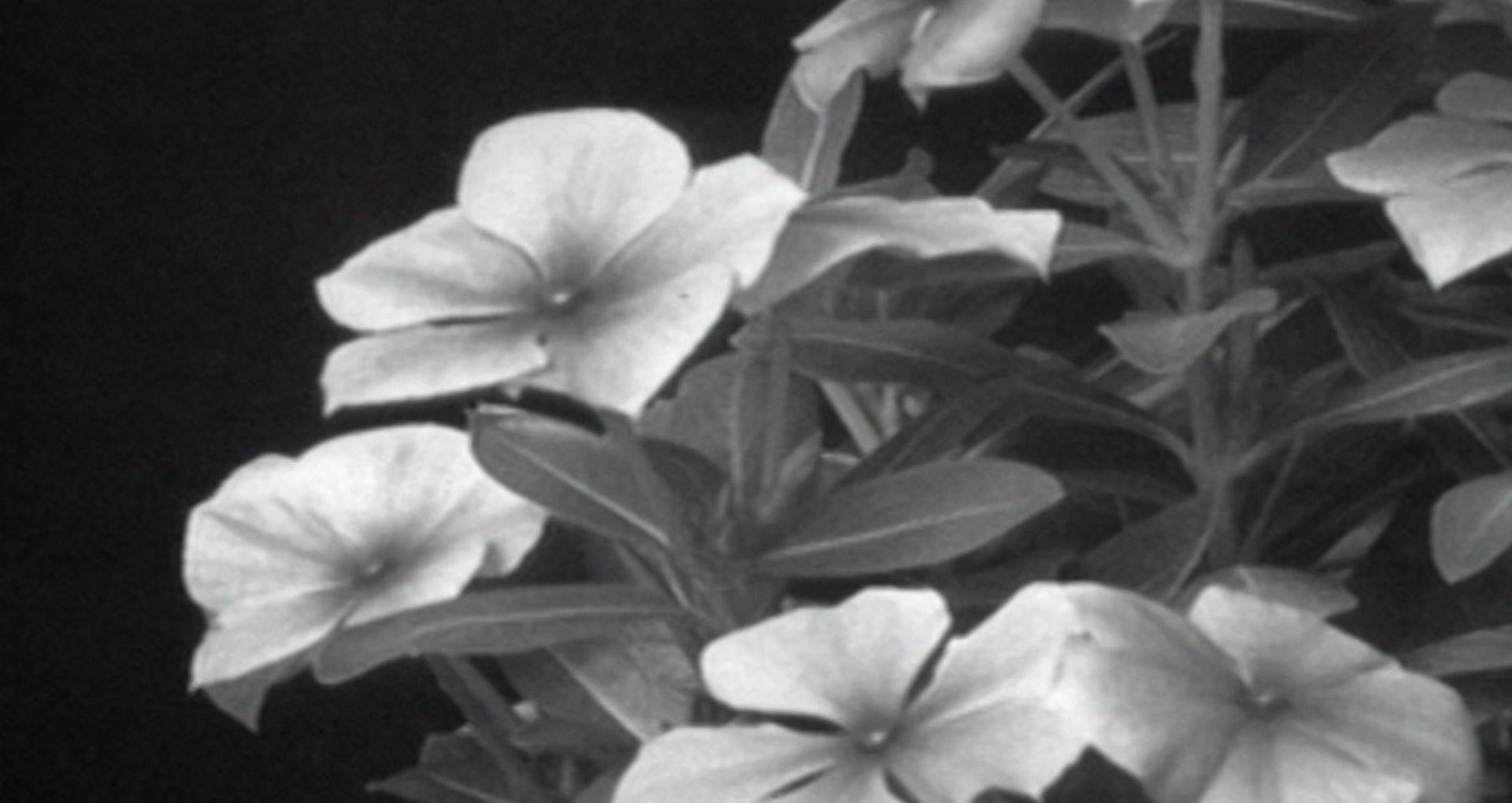
© Atousa Bandeh, if you knew, 2016
Perplexity Alloy – آلیاژ بُهت
Screening and discussion
Free entry.
5455, Gaspé av., #109 (RC), Montreal
Free entry. Limited seats.
Priority will be given to those who have made a reservation. RSVP here +
Curator: Amirali Ghasemi
Videos by: Mehraneh Atashi, Atousa Bandeh, Shirin Fahimi, Anahita Hekmat, Payam Mofidi, Bahar Samadi
As part of the dv_vd screening, a fruitful collaboration between Vidéographe and Dazibao.
In presence of the curator Amirali Ghasemi, Shirin Fahimi and Payam Mofidi.
Also on Thursday, September 21, at Concordia University – EV 1-605, 1:00-2:30 pm
A lecture by Amirali Ghasemi “Iran. Making Space for New Media” will be held in Dr. Alice Jim‘s undergrad class (Studies in the History of Media Art: Screen Culture)
Free but seating limited. Please RSVP at info@taklif.org / Facebook event +
A fictional story as an introduction
The title Perplexity Alloy – آلیاژ بُهت is borrowed from an unpublished book of poems with the same name by the curator, once a poet himself which has been experiencing a long writers’ block since early 2013. Being in the state of not being able to express himself through lyrical & visual contents, he is trying to speak via inspiring works of other artists he knows and has been collaborating with since many years.
All the participating artists have the experience of living abroad, some reside there permanently and most of them are always on the road. How one preserves a certain ability to work with words while you are on the move and when most of the time you have to speak a language other than your mother tongue? What will happen when your artistic practice revolves around words along with other subjects & materials? It’s said that poetry is often lost through the process of translation. Could it be different while we work with [moving] images? Perhaps, as we experience the works below, we might imagine some way out:
Mehraneh Atashi employs repetition, memory, and technical malfunction in a manner based on the opening lines of Gulistan, by Sa’di. Atashi’s In – out is playful and provocative, a compelling duo performance rooted in Iranian traditional theatre.
In Bahar Samadi’s Displacement, images comprise the main characters. She writes: “Images are in dialogue with each other and at the same time they compete to become the dominant image. One image invites [challenges] another one, passes through it and returns to it [again].” In The Disappeared Eyes, the film’s language, being derived from an archival source, lacks continuity—perhaps not unlike the illness (Alzheimer’s) to which it refers. Samadi’s visual poetry is at its best as she deconstructs the piece amidst the spaces in in her installations. She leaves us with clues, and we must imagine the riddles.
Anahita Hekmat’s Gah-Nameh [All the times to say goodbye], a ten-minute-long video journey, blurs the boundaries of personal and public, poetics and politics. Today, information gleaned via images constantly affects our everyday life experience. At the same time, anyone may be a citizen-journalist or filmmaker, and tell our collective history from his/her own point of view. Here, a first-person narration is constructed from the artist’s video diaries, and is mixed with storm-chaser videos from YouTube and people’s responses to hurricane’s aftermath, to create a fictional story of a possible “Present.” Hekmat’s video at once embodies an experience of being in the world, and deconstructs our narrative of the present.
Atousa Bandeh’s video works, Lover and if you knew, last as long as the love songs from which they derive. Song lyrics used as subtitles on the scenes of the artist’s everyday life create an impression both familiar and absurd: we see the world through the eyes of an outsider who doesn’t hear the music, yet seems to know the words that accompany the scenery.
In Payam Mofidi’s three-video series Cohesive Disorder, hands and napkins are the principal motifs. In the second video, the character feels secure and comfortable precisely as she is being drained, losing control of her own body and actions. In all the videos, patterns repeat themselves in various permutations, while spectators encounter embedded codes from which they may derive their own meanings. Though normally shown together as an installation, each video has its own character and charm, a whole unto itself.
In Tarigh-o-Shekl (Persian/Arabic: Study of Path and Form), Shirin Fahimi studies the formation of tarigh (path/border) and shekl (form/subject), interpreting them via a juxtaposition of geographical and geomantic lines to create a space outside of time where the two reach across one another. Tarigh-o-Shekl uses geomancy as a method to re-map the city with all of its existing spaces and routes. Geomancy interprets the markings on the ground—yet the ground is historical and may be extended to other forms of mediation, from paper to screen.
—Amirali Ghasemi
Curator
PROGRAM (64 min)
Mehraneh Atashi, Gulistan, 6 min 40 s, 2011
Bahar Samadi, The Disappeared Eyes, 10 min 28 s, 2015
Atousa Bandeh, Lover, 4 min 24 s, 2016
Anahita Hekmat, Gah-Nameh [All the times to say goodbye], 10 min excerpt [working version], 2017
(BREAK)
Shirin Fahimi, Tarigh-o-Shekl (Study of Path and Form), 7 min, 2017
Payam Mofidi, Cohesive Disorder (part II), 13 min 30 s (4 min excerpt), 2014
Mehraneh Atashi, In – out, 2 min 55 s, 2013
Atousa Bandeh, if you knew, 4 min 10 s, 2016
Bahar Samadi, Displacement, 14 min 30 s, 2015
Video descriptions, here +
Biography
Amirali Ghasemi is a Tehran-born artist, graphic designer, and curator who currently lives and works on the move. He graduated with a BA in graphic design from Central Tehran Azad University in 2004, his emphasis having been on research into digital art history. He founded Parkingallery (1998), an independent project space in Tehran and then built on this by setting up Parkingallery.com (2002) an online platform for young Iranian artists.
As a curator, he has directed a host of exhibitions, workshops, and talks for Parkingallery projects. He co-curated Urban Jealousy, the 1st International Roaming Biennial of Tehran (2008-2009) and the Limited Access Festival for Video and Performance (2007-2016). (…) Ghasemi works with photography, video, installation and interactive projects, as well as writing about the local arts scene and contemporary Iranian art for a number of magazines and on his own blog. His long-term curatorial project, IRAN&CO consists of an ongoing exhibition and a collective archive devoted to the representation of Iranian art beyond the country’s borders. amiralighasemi.com










